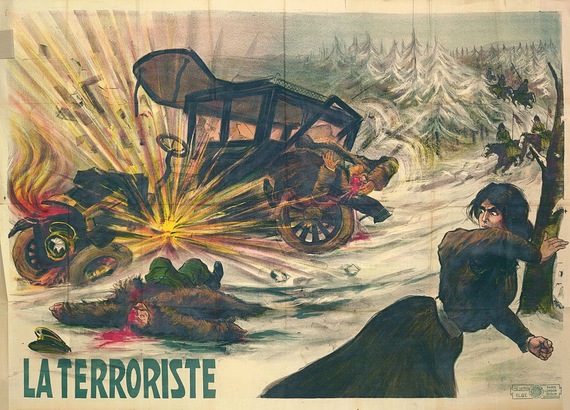 In an essay/review in The New York Review of Books ("The Biology of Being Good to Others," NYRB, 3/19/15), H. Allen Orr revisits the question of how altruism can be equated with natural selection. The occasion of the piece is the publication of a book by David Sloan Wilson, Does Altruism Exist?: Culture, Genes, and the Welfare of Others. Orr starts off by declaring,
In an essay/review in The New York Review of Books ("The Biology of Being Good to Others," NYRB, 3/19/15), H. Allen Orr revisits the question of how altruism can be equated with natural selection. The occasion of the piece is the publication of a book by David Sloan Wilson, Does Altruism Exist?: Culture, Genes, and the Welfare of Others. Orr starts off by declaring,
"Altruism may seem a good thing--unless you happen to be an evolutionary biologist. Then it may seem a mixture of a mystery and a curse. The reason isn't hard to see. How could a ruthless process like Darwinian natural selection give rise to altruistic organisms, human or non human, that act in ways that are costly to themselves and useful to others?"
In the course of his review Orr mentions the work of W.D. Hamilton which would have an enormous impact and the understanding of how altruism can be natural selective.
"Hamilton saw mathematically that a gene that encourages an organism to act altruistically can actually increase in numbers from one generation to the next by natural selection if those who benefit from the altruism tend to be relatives of the altruist."
Orr uses an example of heroism to make his point.
"If I carry a gene that causes me to throw myself on a hand grenade, this gene can increase in numbers through time if I preferentially save my brothers and sisters, who often carry the same gene."
But let's look at altruism not as a genetically inherited characteristic but in the old fashioned way, as an attitude. Social organization depends on group solidarity and an acceptance of certain governances or rules of the game (i.e. the social contract) which allow human beings to thrive. But solidarity becomes even more important in organizations in which the self is subsumed to the needs of the greater whole. Terrorist organizations provide what Max Weber termed "a calling" in which the individual is filled with a sense of purpose that overrides his immediate concerns. Ultimately the member of a terrorist cell is ready to die for the cause. But what happens when the sense of hardened purpose begets subversive feelings? What happens when the positive affects that ISIS generates in its members become a gratuitous feeling (say like "free floating anxiety") that interrupts the deadly persecution of the other? ISIS is one of the best spin doctors in the world, but what happens when film production on one of its ads has to be stopped when one of the executioners starts experiencing the same feelings for his enemy as he experiences towards his brethren?
"La Terroriste" (1910)
{This was originally posted to The Screaming Pope, Francis Levy's blog of rants and reactions to contemporary politics, art and culture}